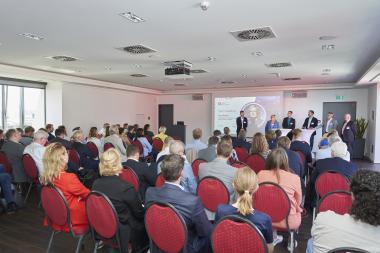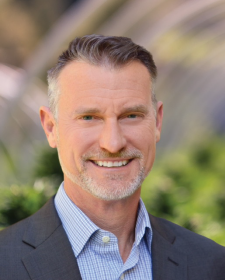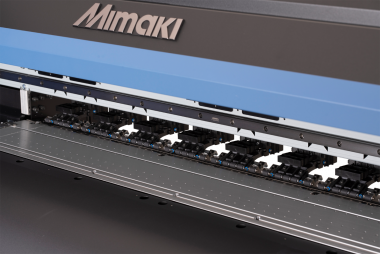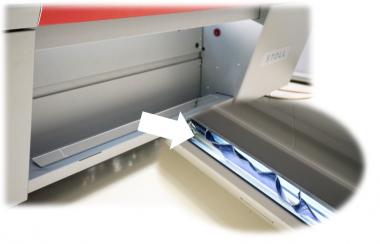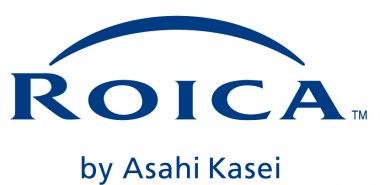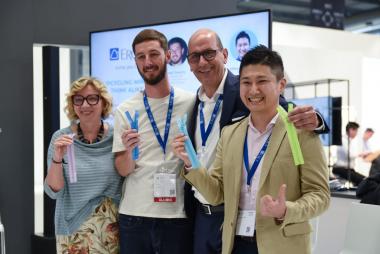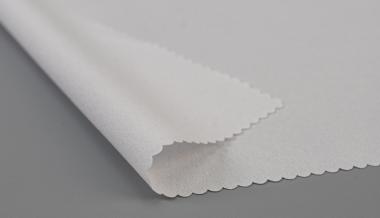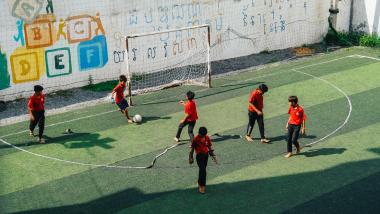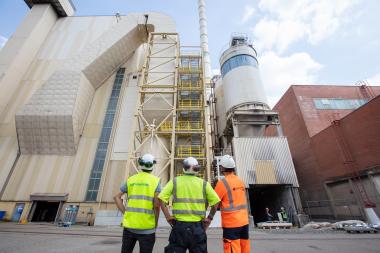Hypetex: Coloured carbon fibre replacing paint coating
• First production supercar created with Hypetex coloured carbon fibre
• Paint-replacement technology reduces weight to enhance performance
British car manufacturer Briggs Automotive Company (BAC) has created a unique Hypetex coloured carbon fibre version of its Mono R, reducing the weight by removing the need for paint.
The original BAC Mono R was created to be lighter and more powerful than the standard model, with 343bhp and 555kg total weight, equating to a power-to-weight ratio of 618bhp-per-tonne. By removing the need for paint coatings in this version, the net weight of the exterior is reduced compared to a painted shell, resulting in a further improved overall performance.
The car’s body was created using Hypetex’s titanium carbon fibre twill, and finished with a crystalized lacquer, offering a unique aesthetic finish. The ultra-lightweight supercar can accelerate from zero to 60mph in less than 2.5 seconds.
Hypetex’s paint-replacement technology retains the visible weave, allowing for a bold design and a choice of colours without technical compromises, perfectly aligning with BAC’s initiatives to maximise performance whilst creating bespoke supercars. Paint generally adds 138 grams per metre squared, whereas Hypetex adds just 17 grams for the same area, offering an 8x weight saving.
This bespoke version of BAC’s single-seater Mono R was subject to BAC’s renowned BAC Bespoke programme, which ensures that no two Monos are the same. The client, a US-based collector, worked with BAC’s design team to design the car to their personal taste.
Born out of Formula 1 technology, Hypetex offers manufacturers sustainable aesthetic materials with technical and efficiency benefits. This collaboration is an all-British success story, with the Hypetex carbon fibre body built by Formaplex, a leading UK-based manufacturing company who manufacture lightweight engineered solutions for top tier customers in Automotive, Aerospace and Defence markets. BAC’s supply chain is 95% UK-based.
Hypetex continues to expand its growing portfolio of the use of coloured carbon fibre to add personalisation to the automotive field, with its material recently featured on the 2024 Ford Mustang Dark Horse.
Hypetex









